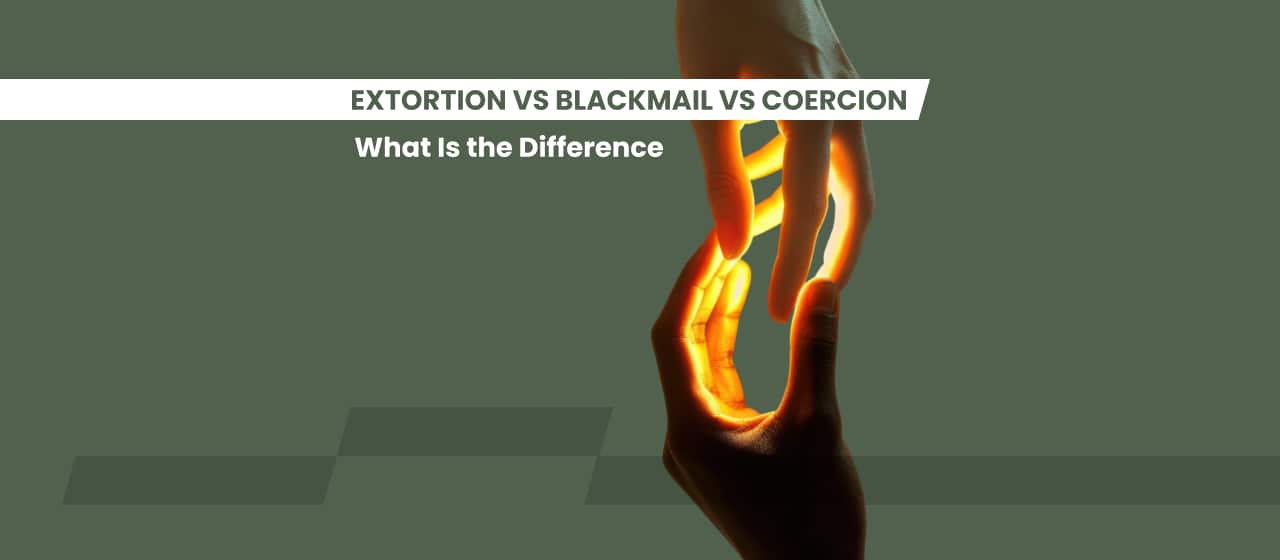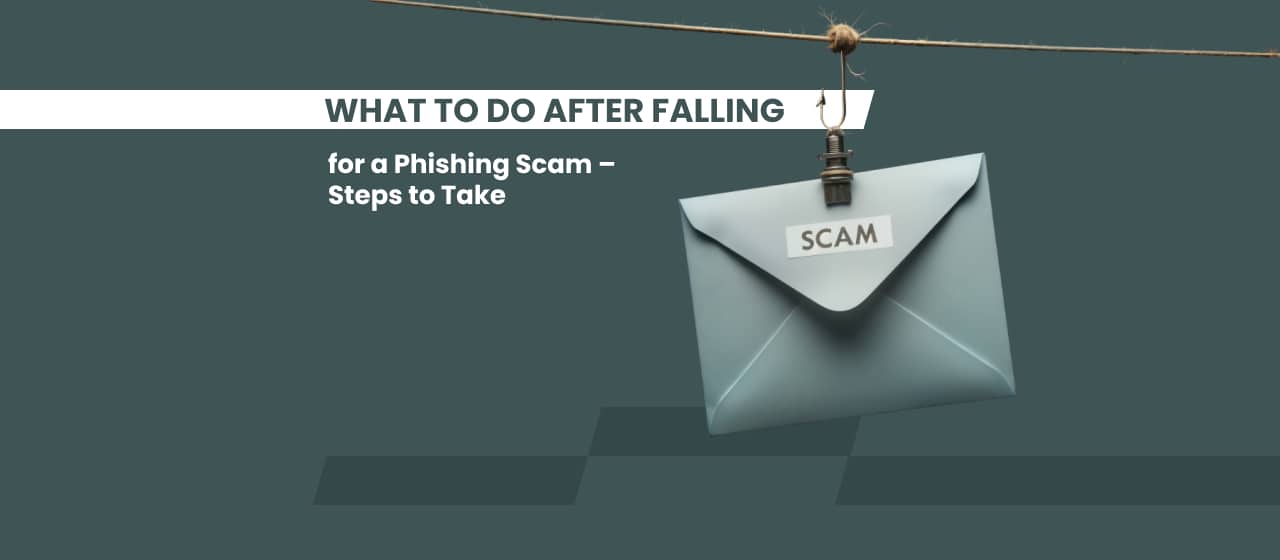Being the victim of blackmail in Virginia can be a disconcerting and traumatic experience. Victims must understand their legal options and how to safeguard themselves. In this blog post, we will delve into the crime of blackmail in Virginia, including its severity and potential penalties.
What does blackmail mean?
Blackmail refers to the act of demanding payment or other privileges from someone to prevent the public disclosure of damaging content or information. For instance, a hacker may engage in blackmail by threatening to expose explicit content or adverse information unless they receive compensation. Blackmail can escalate to extortion when physical harm is threatened against a person or their property. It is important to note that the Virginia Code does not explicitly differentiate between blackmail and extortion.
Is blackmail illegal in Virginia?
In Virginia, blackmail laws specify that an individual can face extortion charges for various actions, such as:
– Threatening to harm someone physically, damage their reputation, or destroy their property.
– Accusing someone of wrongdoing.
– Threatening to report someone as an illegal resident in the U.S.
– Intentionally hiding, damaging, or threatening to damage someone’s passport, immigration documents, or any government ID to coerce them into giving up something.
Items that can be extorted from victims include:
– Money
– Personal or real estate property
– Evidence of a debt
– Other financial benefits
– Sexual content
– Sexual acts.
Some examples of blackmail cases include instances where an individual threatened to expose someone’s extramarital affair or sexual orientation to their family or employer, demanding ransom from a kidnapped person, or threatening to release confidential company information. These types of illegal activity can have significant financial, legal, and emotional consequences and should never be taken lightly.
How is blackmail punished in Virginia?
Blackmail is a punishable offense in Virginia, classified as a Class 5 felony. The severity of the crime can result in either a felony or misdemeanor charge. A Class 5 felony carries a sentence of up to ten years in prison and a fine of up to $2,500.
However, if the individual threatens to disclose compromising information about a minor child, the penalty may increase to a maximum of 20 years in prison.
In addition to criminal consequences, a person convicted of blackmail may also face civil liability. In such cases, the victim has the right to sue the perpetrator for damages, including mental anguish, punitive damages, and attorney’s fees.
Conclusion
All in all, blackmail is a serious criminal offense in Virginia and is not to be taken lightly. If you or someone you know has been a victim of blackmail, it is crucial to seek immediate help and take appropriate steps to protect yourself from further harm. By understanding the legal implications and consequences of extortion and blackmail, we can all work together to prevent such criminal activities and promote safety and security in our homes and communities.







